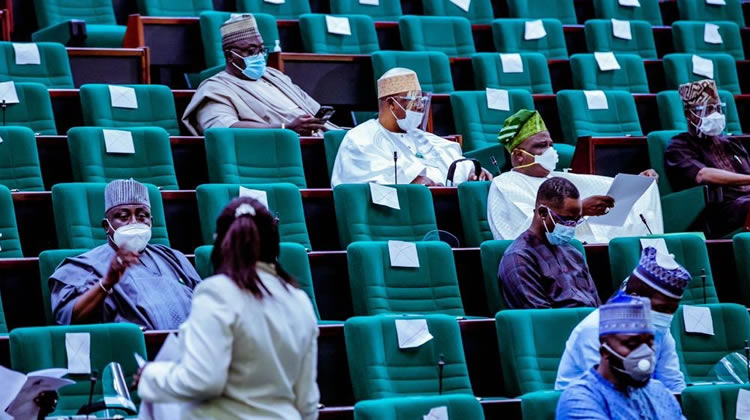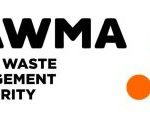
The resolution of the House followed the adoption of a motion of urgent public importance brought before the lawmakers during plenary by the members representing Orhionmwon/Uhunmwode and Arochukwu/Ohafia Federal Constituencies of Edo and Abia states, Billy Osawaru and Osonwa Ibe, respectively.
Speaking on the significance of the bill titled, ‘Motion on the urgent need to conduct a national baseline survey on fake anti-malaria medicines in Nigeria,’ Osawaru said the House “is fully aware that, in Nigeria, there is an agency that is charged with the responsibility of regulating the production, importation and distribution of drugs called the National Agency for Food and Drugs Administration and Control.”
The All Progressives Congress member noted, “In June 2018, NAFDAC was informed of the circulation of some fake varieties of anti-malaria drugs imported fraudulently from India. Counterfeit/fake anti-malaria drugs are mostly observed to be deliberately made to look like brand name drugs or may have no active ingredients or have less than the required amount of active ingredients or may even contain ingredients that are not what is described on the package label imported/manufactured, distributed/sold and eventually ignorantly used by malaria patients without any curetic effects.
“The use of these fake drugs is crucial and brings complications in treatment and eventually increases the risk of death. Counterfeiting of drugs was almost ignored or at least largely underestimated but it has now clearly emerged as one of the most crucial public health problems in Nigeria. Although important efforts have been made to fight against this criminal traffic by NAFDAC, much more needs to be done.”
The lawmaker further stressed that the House is “worried that according to the research of the World Health Organisation in 2022, it was estimated that 116,000 people die in Sub-Saharan Africa each year because of counterfeit malaria drugs. WHO Global Malaria Report (2023) stated that 22 persons die every hour from malaria in Nigeria making it approximately 200,000 deaths annually.
“In other words, over a quarter of all deaths from malaria are linked to fraudulent medicines; thus, the need for a national baseline survey project to collect information on the status of fake anti-malaria medicines to determine the mode of approach, level of effort needed and probably resources required to dismantle the unfortunate development of this crime against humanity.”
According to him, “The baseline survey is an important activity that must be urgently done, in order to determine the before and after situations of the project’s fight against low-quality anti-malaria medicines in Nigeria.
“The survey will provide the ‘fight’ with useful information that will be used to determine the methodology to be adopted to reduce the number of deaths from the use of fake malaria drugs in Nigeria.”











